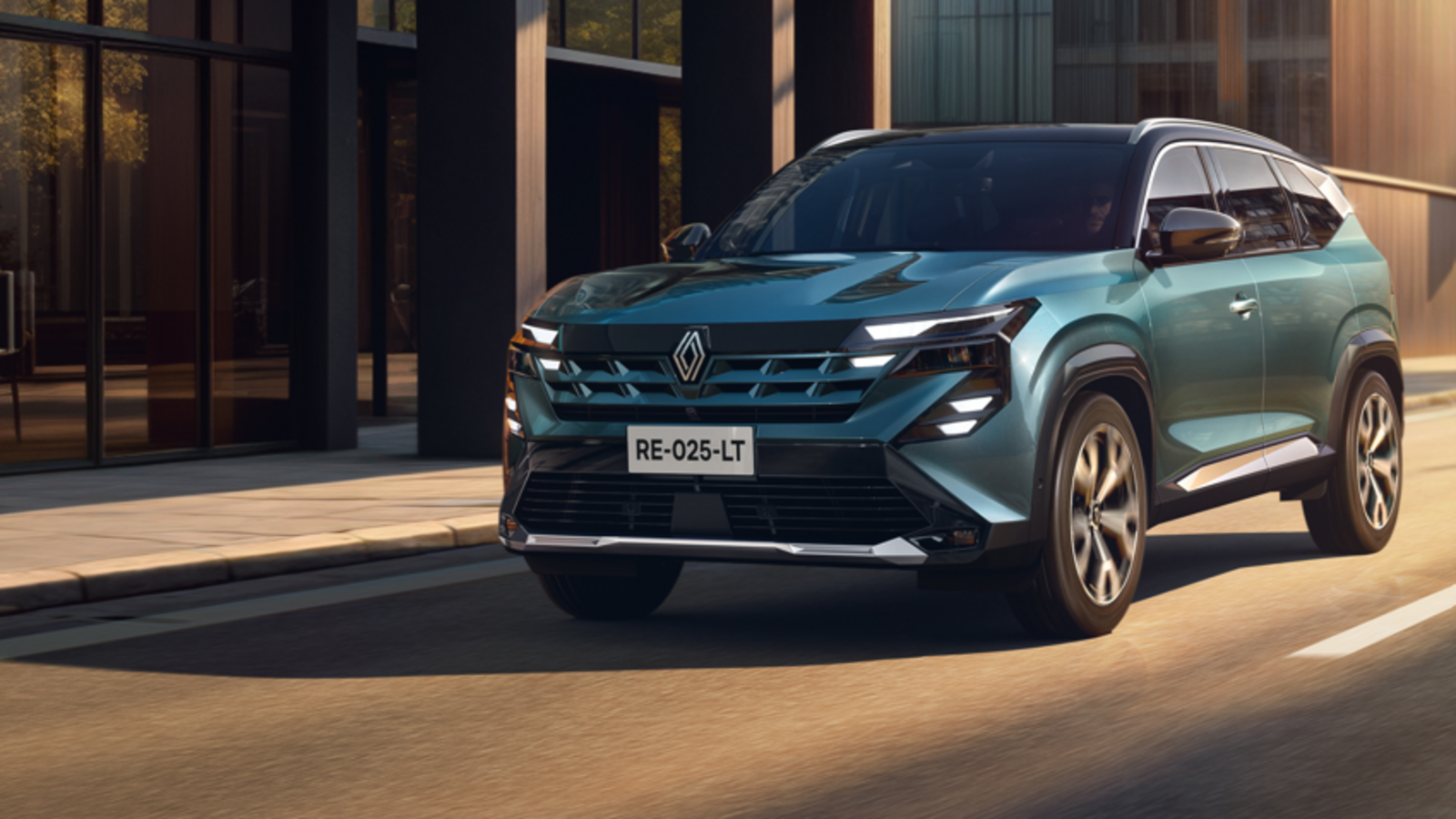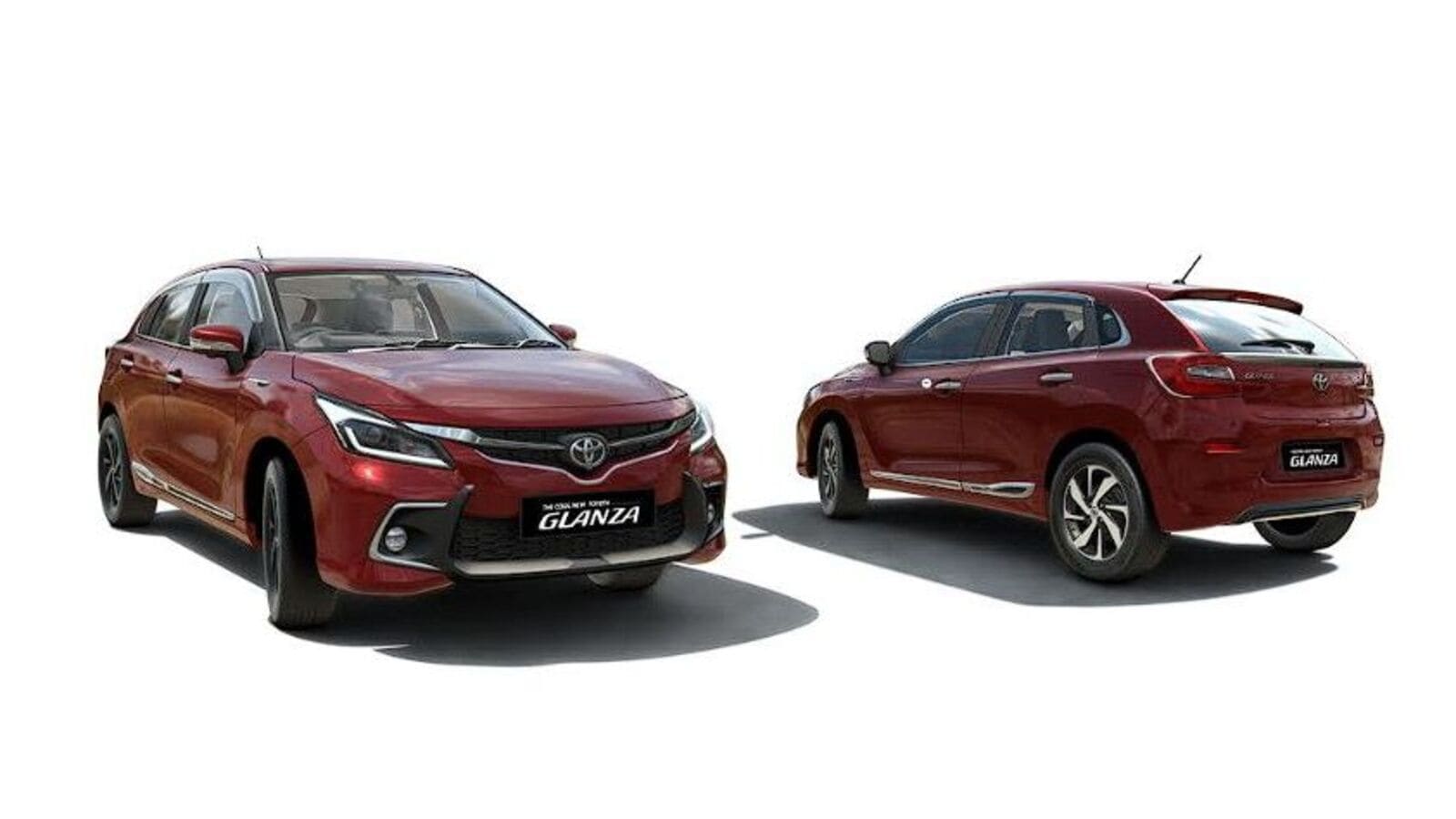11 July 2025

How does the electric vehicle (EV) battery industry overcome a skills gap? Which European markets are performing best after the first half of 2025? And are solid-state batteries finally on the way? Autovista24 special content editor Phil Curry reveals some key updates in The Automotive Update podcast.
In this week’s episode, Autovista24 reports back from the Battery Cells and Systems Expo, which took place in Birmingham, UK. There is also a look at how major carmakers are aiming to roll out potentially game-changing solid-state battery technology. Finally, Chinese carmaker Chery confirms plans for a UK launch.
Skills, cells and gigafactories
This week’s Battery Cells and Systems Expo highlighted a critical challenge facing the growing EV battery industry: the urgent need for specialised skills. With approximately 75% of the current supply chain centred in China, global markets, including the UK, are focusing on developing sovereign capabilities.
Industry experts at the expo, including Tom Spencer of beet Industrial Communications, emphasised that securing the necessary workforce is now a paramount concern.
Tony Harper, of Tony Harper Consultancy Services, noted that while early funding has focused on infrastructure, supporting industry growth without a parallel focus on training is unsustainable.
The Faraday Battery Challenge predicted that the UK’s EV battery sector urgently needs 270,000 jobs filled by 2040. To meet this demand, EVERA Recruitment CEO Steve Doyle suggests tapping into existing industries for transferable skills. He cited examples such as recruiting from the printing or packaging sectors for specific battery manufacturing processes.
European new-car market ups and downs
Autovista24’s coverage of the latest new-car market trends from the big-five nations revealed a mixed picture.
Once again, Spain proved to be the most prosperous at the halfway point in 2025. Between January and June, the country has seen volumes of new cars increase by 13.9%. The UK is the only other market to have achieved year-on-year growth in that six-month period. Like Spain, EVs are driving registrations, and figures are up 3.5%.
In Italy, registrations have fallen 3.6% in the first half of the year. Relative stability has been impacted by a declining internal combustion engine (ICE) sector. Coupled with this, the country’s EV market share is proving stagnant.
Germany ended the first half of 2025 with a decline of 4.7% in its new-car volumes. While its EV market has flourished, the drop can be attributed to petrol and diesel powertrains.
Finally, France has suffered the worst results of the big five European markets in the first half of 2025. The country’s registration figures are down 7.8% at the halfway stage of the year. All but the hybrid market, made up of full and mild hybrids, have suffered in that timeframe.
Solid-state battery developments
BYD is researching solid-state batteries, with plans to begin installing a large pilot series in 2027, as reported by Vision Mobility. The company believes the technology could be widespread in EVs from 2030.
Mercedes-Benz is also planning to roll out solid-state batteries in its vehicles by the end of this decade. The carmaker is currently testing the technology in a modified EQS model, according to Automotive World.
In a recent interview, Toyota executive vice president, Hiroki Nakajima outlined solid-state batteries could be a game changer in the industry. This is despite numerous logistical hurdles, Driven Car Guide reports.
‘We are developing all-solid-state batteries with a view to solving these BEV issues in a single stroke. They offer far shorter charging times, higher output for longer range, and greatly improved durability,’ he said.
Chery bound for the UK
Chinese carmaker Chery has announced plans to launch its own brand in the UK, according to Newspress. The company already sells vehicles in the country through its Omoda and Jaecoo marques.
Chery will launch with two SUV models, the Tiggo 8 and Tiggo 8 CSH, which will be available through a UK-wide dealer network.
The news comes as the BBC reports one in 10 cars registered in the UK in June came from China. This is aided by the lack of tariffs on Chinese-built BEVs, as seen in the EU.




